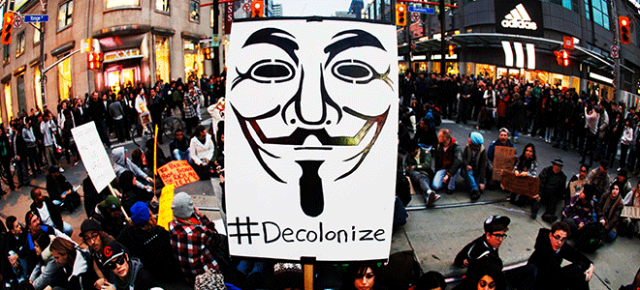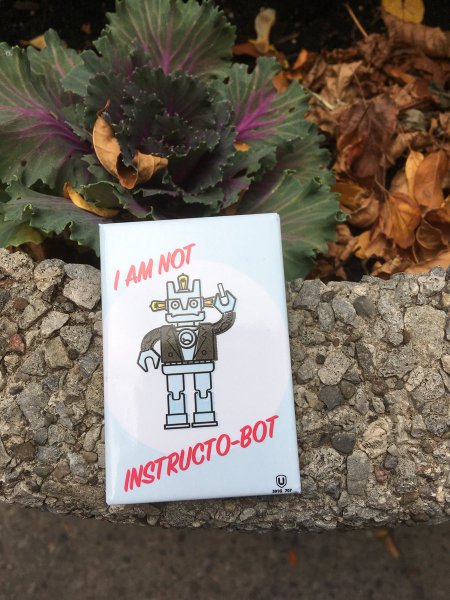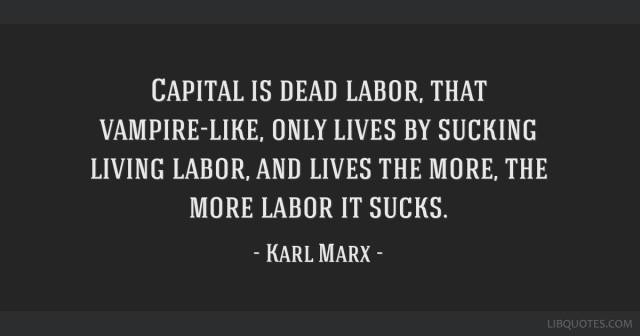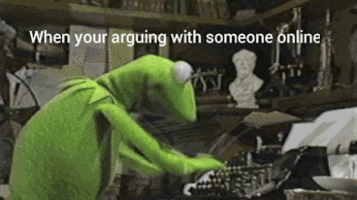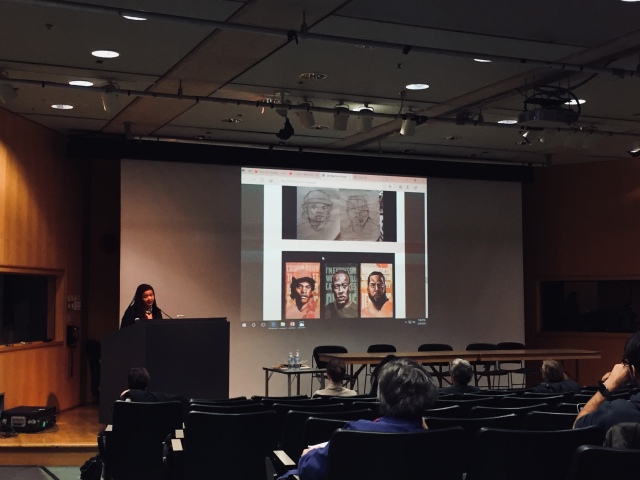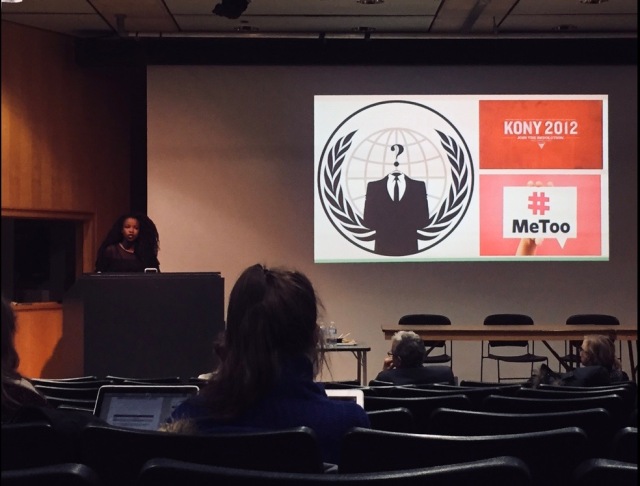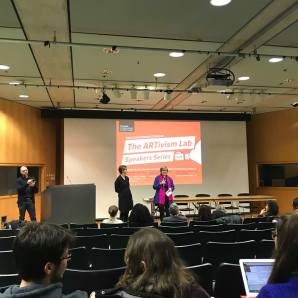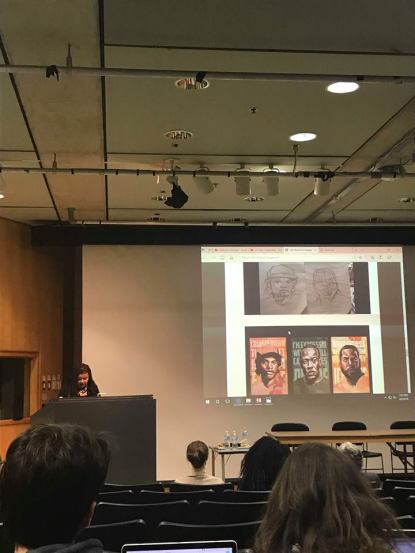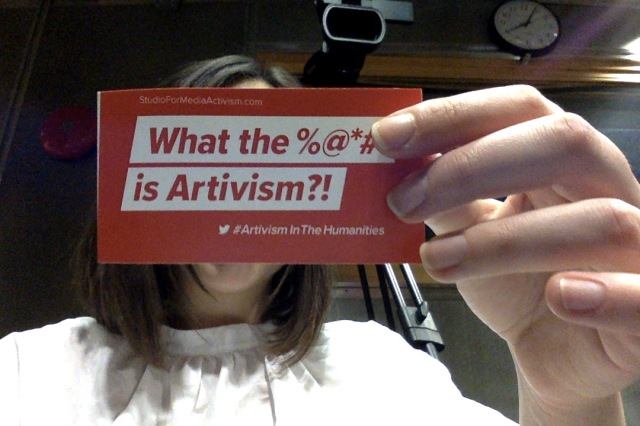#Artivism
Tuesday, February 6, 2018, four representatives of the activist community spoke about intersectionality, creativity, solidarity, and neoliberalism. Dr. Audrey Hudson, Dr. Sandra Jeppesen, Dr. RM Kennedy, and Susanne Nyaga presented these subjects in examples of their own work.
The reference to traditional lands before the presentation was amazing. In non-indigenous settings, I have only seen short land acknowledgments that do not explain why the acknowledgment is there.
After listening to each panelist I believe that their ideas are leading up to the future of activism. This future looks like encouragement, solidarity, and creativity. These qualities are found in each of these activist works. Hudson encouraging her students through hip-hop, because hip-hop has a clear connection to minority voices. In addition, teaching courses at the AGO that reflect the calls to action, making it a reality for the community. The picture I have provided is a student work from OCAD in Hudson’s class in regards to hip-hop. Although as described as angry expressions, I see stoic faces with poetry explaining their lives.
Kennedy did not give up on his rights as a teacher not only for himself but, for the other college teachers as well. Encouraging everyone to stand up for what they believe in. During the rally for change, Kennedy promoted clever slogans, designs, and devices. One example given was of a poster with ‘Tales from the Crypt’ layout, suggesting that college faculty members felt like zombies from the conditions of their positions. Conditions that include less full-time faculty and more contract workers, no academic quality and no equal pay. Another visual, ‘I am not Instructo-Bot’. Creating this was very effective and clever to explain how faculty felt about the control of their jobs. In addition, explaining why academic freedom is important for everyone. No one wants to be controlled.
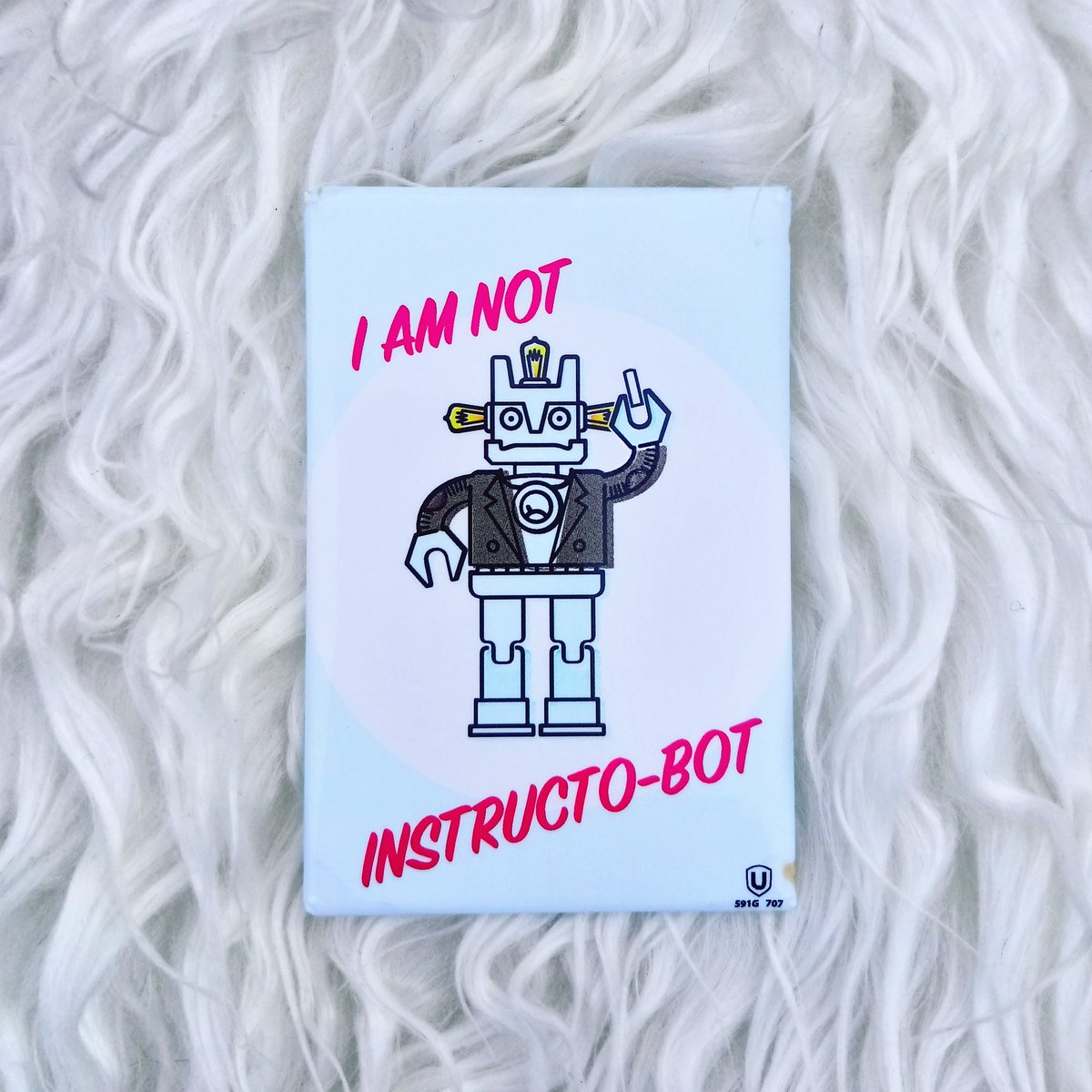
Sandra promoting feminism all day every day, not just one day out of the year. Additionally, referencing who she is as a person in 2018 and accepting it. I find this rare in the post-secondary environment, within the three years I have been it. Sandra spoke about movements that are directly in relation to feminism, slutwalk, #metoo, #BLM-TO, and discussing rape culture.
Susanne addressing that all voices are heard in the Student union of Ryerson, and strengthening the relationships among students through social media. As well as, questioning what a non-neoliberalism university looks like? Immediately, my question is, have you seen the movie ‘Billy Jack’? Could we try to create a 2018 Freedom School?
Hearing their ideas has provided me with the guidance I need to complete my own artistic endeavors. Prior to the presentation, I was having terrible designers block. Now I know how to finish all of my art projects. For example, painting a giant mural of the resistance logo on the side of Kerr Hall North with the four colors of Ojibwe, red, yellow, white, and blue. This is just an idea. Overall, after attending the presentation has given more insight into what’s happening within the community and inspired me with ideas that I have been struggling with to complete.

